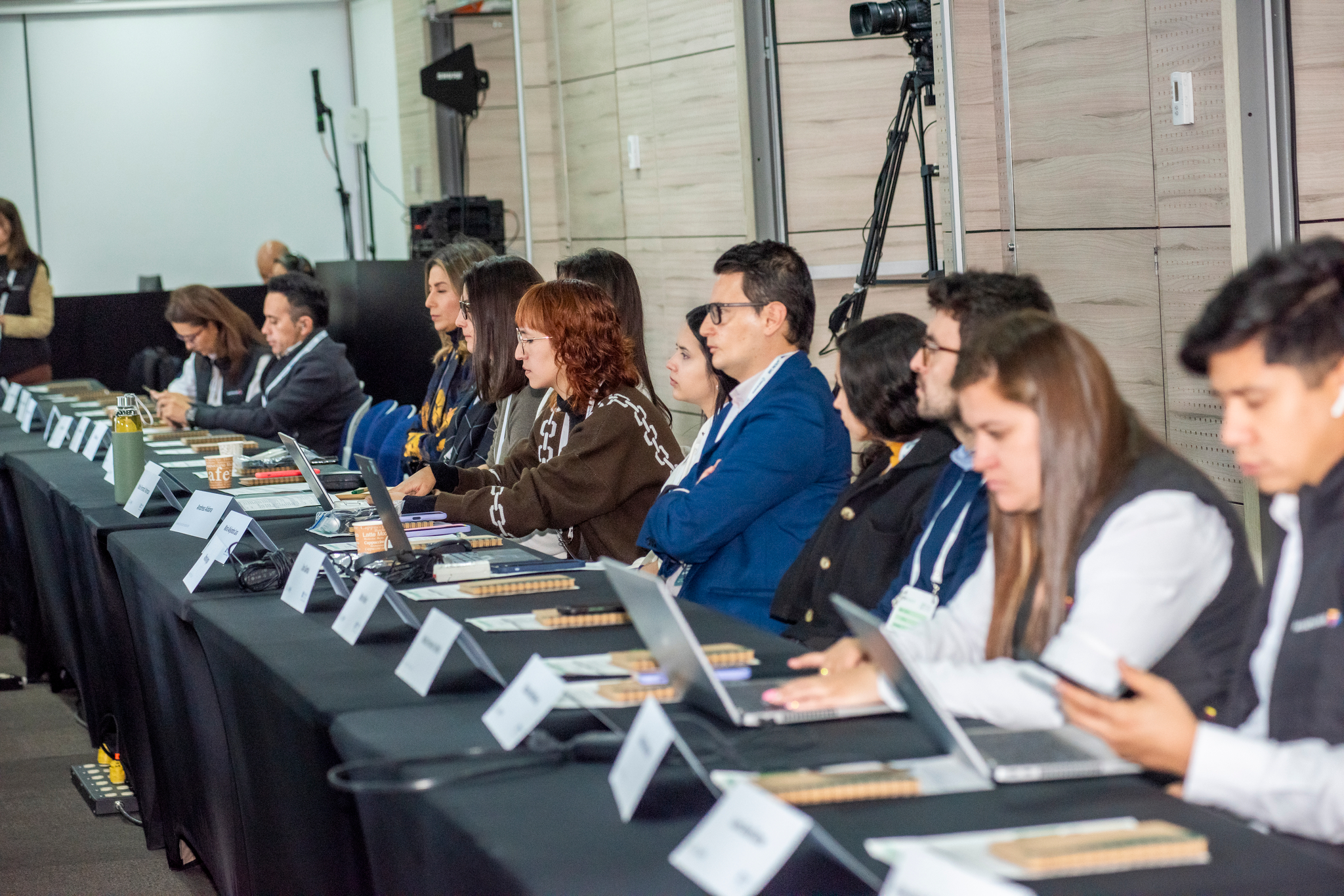
NUCA Programme: Driving Investments in Urban Climate Infrastructure in Brazil
7 June 2024The Urban Climate Action Program for National Development Banks (NUCA), a multinational technical cooperation initiative, has emerged as a catalyst for significant changes in the financing of low-carbon and climate-resilient urban infrastructure in five countries: Brazil, Colombia, Indonesia, Mozambique, and South Africa. Funded by the German Federal Government’s International Climate Initiative (IKI), the program is conducted globally by the French Development Agency (AFD) the leading agency in the framework of the International Development Finance Club (IDFC), with BNDES as the implementing partner in Brazil. Its main objective is to strengthen the institutional capacities of National Development Banks (NDBs), positioning them as strategic agents in promoting investments in low-carbon and climate-resilient urban infrastructure.
The initial activities in Brazil
Brazilian municipalities face several significant challenges related to the impacts of climate change, such as those recently experienced in Rio Grande do Sul, a state in the southern part of the country. These challenges include difficulties in accessing the necessary funding for mitigation and adaptation projects. The increasing frequency of extreme events, such as floods, droughts, and landslides, directly affects urban infrastructure, local agriculture, and public health. Additionally, limitations in technical capacity to develop suitable projects and complex bureaucratic processes make it even more difficult to obtain funding, especially for smaller and poorer municipalities. This situation is further exacerbated by insufficient local resources and a reliance on intergovernmental transfers.
The NUCA Programme began its activities in Brazil with missions to Rio de Janeiro, from May 22 to 24, and Brasilia, from May 27 to 29. In collaboration with the BNDES and the Brazilian Development Association (ABDE), meetings were held with various stakeholders to explore synergies between their initiatives and those of the NUCA Program, with a view to outlining an action plan for 2025-2028.

Meeting with national and regional banks at ABDE office in Brasilia
NUCA Programme Workshop
One of the highlights of the initial activities was the NUCA Program workshop, which focused on discussing the obstacles and opportunities for financing low-carbon, climate-resilient urban infrastructure. Held at Banco do Brasil, and featuring remote participation from a few attendeesThe event brought together over 40 representatives from various institutions and experts in the sector.
The event was mediated by Marta Bandeira, Sustainability Manager at BNDES, and featured an opening speech by Daniela Pavinski, Executive Manager of the Government Directorate at Banco do Brasil. Presentations from partner institutions followed, including Dominique Hautbergue, Regional Director for Brazil and the Southern Cone of the French Development Agency (AFD), who discussed supported projects in Brazilian cities; Sarah Habersack, Director of the Andus Project at GIZ, who presented urban cooperation projects launched by GIZ in Brazil; Ilan Cuperstein, Regional Director for C40 Latin America, who spoke about C40’s actions and the challenges of climate finance in cities; Diógenes Breda, Manager of Sustainability, Economy, and Innovation at ABDE, who provided a contextualization of urban financing in Brazil; and Mustapha Kleiche, Manager of the NUCA Program and Head of the Climate Facility at the International Development Finance Club (IDFC), along with Tawanna Lima, Partnerships Coordinator at IDFC, who led the presentations on the NUCA Programme.

Presentation by Mustapha Kleiche and Tawanna Lima about NUCA Programme
The second part of the workshop featured working tables to discuss the challenges and opportunities of climate finance in Brazilian cities. One of the main challenges identified was the limited technical capacity of municipalities to prepare suitable projects. Additionally, difficulties in aligning projects with climate issues and managing and monitoring contracts were highlighted. The need to adapt to the language and requirements of financiers, who generally have little flexibility, was also highlighted.

Working tables
On the other hand, several opportunities were identified to overcome these challenges. The NUCA Programme is therefore positioned as a key instrument for building capacities within development banks to support cities and sustainably reduce these obstacles over time.

Overview of the in-person and remote participants
The NUCA Program aims to transform the urban financing landscape in Brazil by promoting low-carbon and climate-resilient infrastructure, which is crucial for addressing future climate challenges.
Discover similar articles

The IDFC Facility organized a training on the topic: Green House Gas Accounting and Green Finance Instruments, in Bogota and Medellin
IDFC Facility
IDFC F and CAF launch the NUCA Programme in Colombia to support NDBs in the financing of urban infrastructure projects to the effects of climate change
IDFC Facility